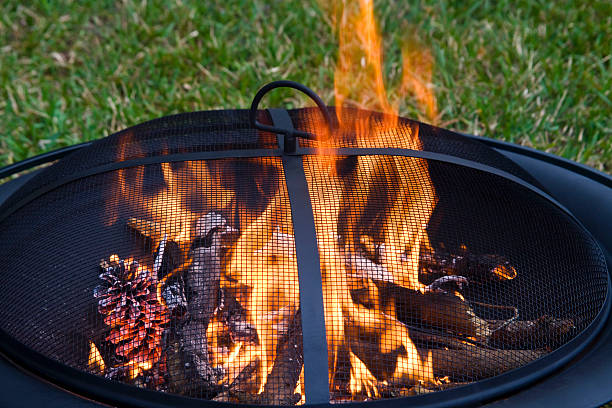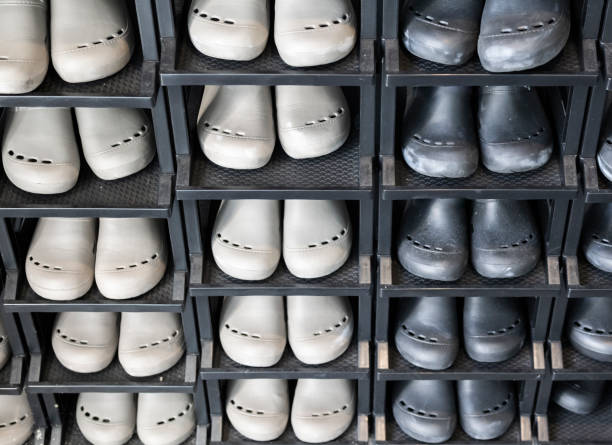When tackling home improvement projects, selecting the appropriate nails and anchors is crucial for ensuring durability, safety, and a professional finish. These fasteners may seem simple, but their effectiveness depends on the materials you’re working with, the weight they need to support, and the environmental conditions they’ll face. Understanding the differences between types of nails and anchors helps homeowners make informed decisions that prevent failures like loose shelves, sagging frames, or crumbling drywall.
Nails are the go-to choice for woodworking and framing, but not all nails are interchangeable. Common nails, with their thick shanks and flat heads, provide strong holding power for structural projects like building decks or framing walls. Finishing nails, on the other hand, have slender bodies and small heads, making them ideal for trim work, cabinetry, or any project where visible nail heads would be unsightly. For outdoor projects, galvanized or stainless-steel nails resist rust and corrosion, ensuring longevity in damp or exposed conditions. When working with hard materials like concrete or masonry, specialized masonry nails or concrete nails, often made from hardened steel, are necessary to penetrate tough surfaces without bending. Anchors are essential when fastening objects to hollow or brittle materials like drywall, plaster, or concrete. Plastic expansion anchors are a popular choice for lightweight items such as picture frames or small shelves, as they expand to grip the material when a screw is inserted. For heavier loads, toggle bolts or molly bolts provide superior support by spreading the weight across a larger area behind the wall. In concrete or brick, sleeve anchors or wedge anchors offer robust holding power, making them suitable for securing heavy fixtures like TV mounts or shelving units. The key is to match the anchor’s weight rating to the item being hung and to ensure the anchor is compatible with the wall material. Environmental factors also play a role in selecting the right fastener. In humid areas like bathrooms or basements, stainless steel or coated nails and anchors prevent rust and degradation. For temporary installations or projects requiring adjustments, removable anchors or nails with minimal damage upon removal, like picture hooks, are practical choices. Investing time in choosing the right nails and anchors pays off in the long run by preventing damage, ensuring stability, and maintaining the aesthetic appeal of your home. By considering the material, load requirements, and environmental conditions, homeowners can confidently select fasteners that provide reliable performance for any project, big or small.



